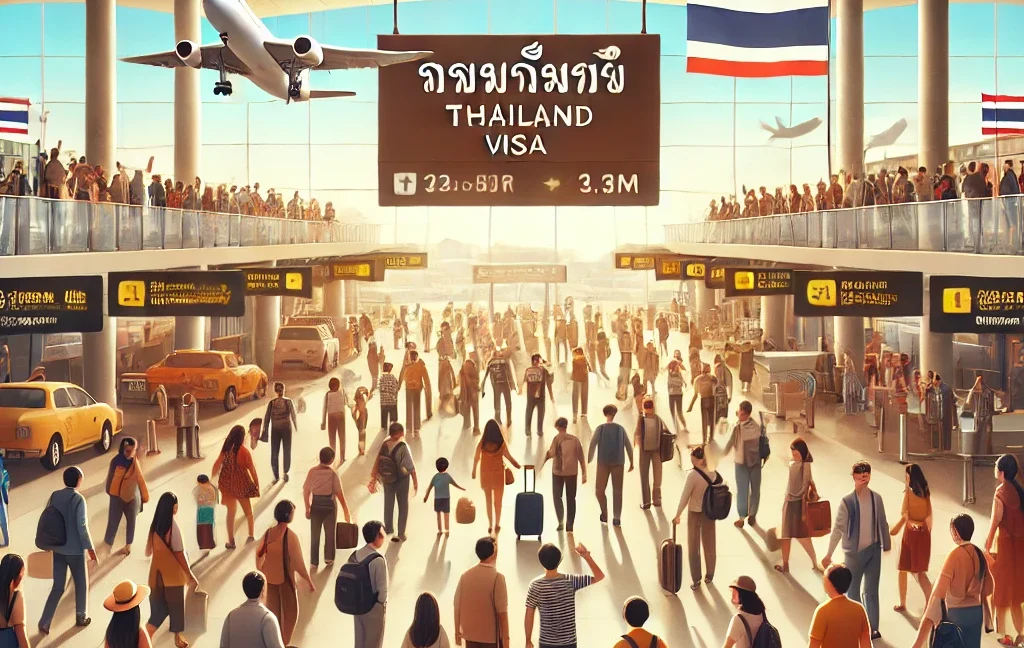Introduction Thailand has unveiled its most significant visa reforms in decades, aiming to boost tourism and stimulate the economy. With an increase in visa-free countries and new visa categories, these changes promise to make Thailand more accessible and attractive to visitors and expatriates alike.
Key Highlights
- Visa-Free Countries: The number of visa-free countries will increase from 57 to 93, allowing more tourists to stay in Thailand for up to 60 days without a visa.
- Visa on Arrival: The list of countries eligible for Visa on Arrival will expand from 19 to 31, making it easier for more nationalities to visit Thailand.
- Destination Thailand Visa (DTV): A new visa category for those who wish to stay for work and tourism. This visa is aimed at digital nomads, freelancers, and high-skilled individuals.
- Electronic Travel Authorization (ETA): Set to launch in 2025, the ETA system will streamline entry for visitors from visa-exempt countries.
Benefits for Tourists and Expats The new visa reforms are designed to attract more tourists and long-term visitors, providing them with more flexibility and better conditions for their stay. The DTV, for instance, allows for a stay of up to 180 days per visit, catering to those who wish to combine work and leisure.
Impact on the Economy These measures are expected to generate between 800 billion to 1 trillion baht, significantly boosting the Thai economy. The government aims to increase tourism revenue to at least 3 trillion baht by the end of 2024.
Conclusion Thailand’s new visa reforms mark a significant step towards making the country more welcoming to international visitors and expats. With extended stays, more visa options, and streamlined processes, Thailand is set to become an even more attractive destination for travellers from around the world.
For more details on the new visa regulations and how they can benefit you, visit DanSiam Properties and explore our range of properties perfect for long-term stays in Thailand.




